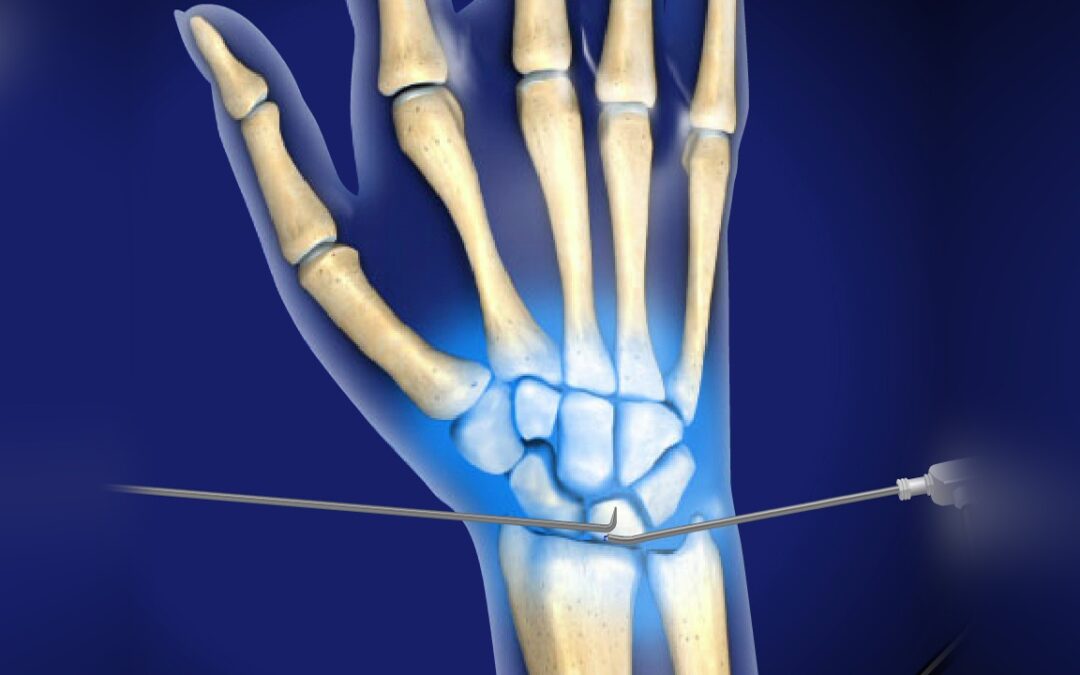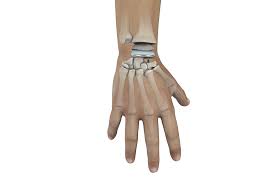Wrist Fusion
Wrist fusion is a surgical procedure that joins two or more bones in the wrist together. This is done to relieve pain and improve stability in the wrist.
Wrist fusion is usually performed for people who have severe arthritis in the wrist. Arthritis is a condition that causes inflammation and damage to the cartilage in the joints. When the cartilage in the wrist is damaged, it can cause pain, stiffness, and decreased range of motion.
In some cases, wrist fusion may also be performed for people who have had a previous wrist injury or surgery that has not healed properly.
During wrist fusion, the surgeon makes an incision in the wrist and removes the damaged cartilage. The bones in the wrist are then fused together using screws, plates, or other hardware. The bones will eventually heal together and form a solid joint.
Wrist fusion is usually performed as an outpatient procedure. This means that you will be able to go home the same day as your surgery. You will need to wear a splint or cast for several weeks after surgery. You will also need to do physical therapy to regain range of motion and strength in your wrist.
The recovery time for wrist fusion is usually several months. Most people are able to return to their normal activities within a year.
Wrist fusion is a permanent procedure. It is important to consider all of the risks and benefits of wrist fusion before deciding if it is the right treatment for you.
Here are some of the risks of wrist fusion:
- Pain: There may be some pain after surgery. This pain usually goes away with time and treatment.
- Stiffness: The wrist may be stiff after surgery. This stiffness usually improves with time and physical therapy.
- Weakness: The wrist may be weak after surgery. This weakness usually improves with time and physical therapy.
- Infection: There is a risk of infection after any surgery. The risk of infection is low for wrist fusion, but it is important to take steps to prevent infection, such as following your doctor’s instructions carefully.
- Nerve damage: There is a small risk of nerve damage during wrist fusion. This risk is usually low, but it is important to talk to your doctor about the risks of nerve damage before surgery.













